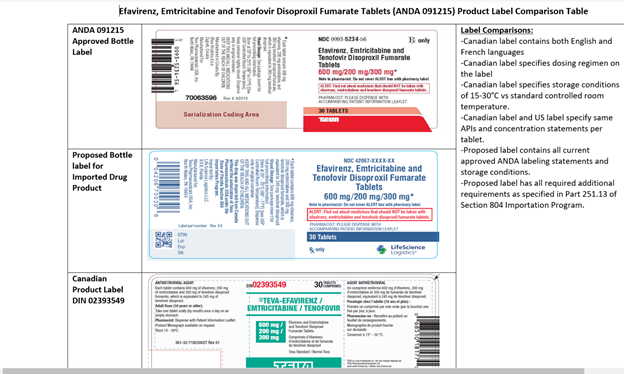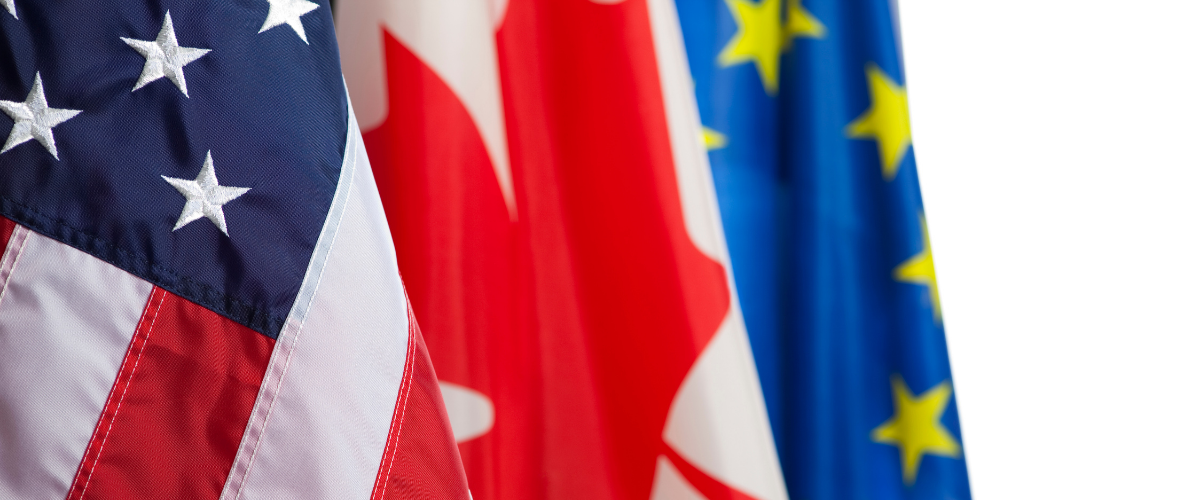For the benefit of consumers, I published a longish but straightforward explanation of the state wholesale drug importation bills, laws, and programs and how they differ from personal importation. I reviewed the drug relabeling section of Florida’s Drug Importation Program submission to the U.S. Department of Health and Human Services, and it really tells a story. Many if not most of the drugs that states propose to import from Canada are not made in Canada or the U.S. Both countries import a majority of their pharmaceuticals. They often come from the same countries and factories and are the exact same drugs. The reason the prices are so high in the U.S. is usually blamed on patents, which lead to what some call monopolistic pricing. Another reason drug prices are so much higher in the U.S. is that drug manufacturers have had a monopoly on commercial importation. It’s a very special protection that states are trying to remove through these programs.
Florida’s submission includes the example below for Teva’s generic version of Atripla (efavirenz/emtricitabine /tenofovir), which treats HIV.

As the label indicates, this generic Atripla is made in Croatia. Florida shows us:
- The standard U.S. label
- The proposed U.S. SIP label
- The Canadian label
Notice that the middle one, the SIP example, provides the following disclaimer:
“This drug was imported from Canada without the authorization of Teva Pharmaceuticals USA under the State of Florida Section 804 importation program.”
That’s the name of the game here! There’s no longer a patent on Atripla in the U.S., for which there is an approved generic… Teva’s. They make it in Croatia and ship it to Canada and the U.S., and probably all over the European Union as well. When it’s sold in the EU, wholesalers have the right to sell it to whomever they want within the EU. They don’t need the permission of the drug company who they just paid for the product. It’s called parallel trade; it results in price competition – and that’s what states are doing with Section 804.
The best argument against the state drug importation programs is not safety: it’s that Canada is too small a market and its government is rightfully concerned about drug shortages. With some interesting exceptions in Florida and California, most state drug importation programs only look to Canada. There’s no good reason not to expand beyond Canada, especially to the EU. To do this for commercial drug importation would require amending Section 804 and that should be done. It could be done now for personal drug importation, under which the law provides adequate flexibility.



